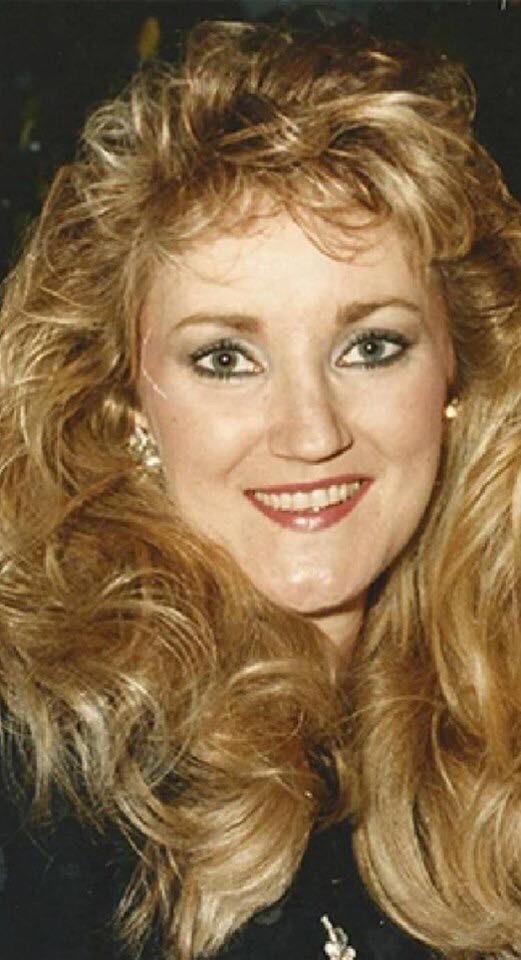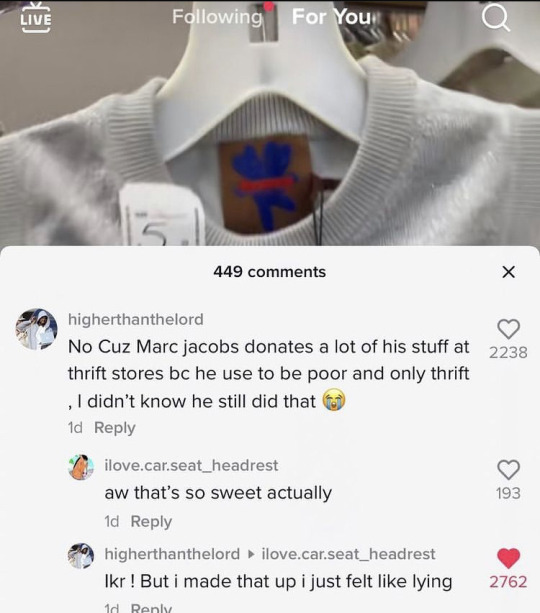Photo

“My town was voted best small town in America. It was very upper middle class, and white. I was neither of those things. Other kids would touch my hair. I’d look out of the corner of my eye, and they’d always wipe their hand. It would be like: ‘Did that really happen?’ But I never wanted to say anything. Because people in my town were progressive. They weren’t ‘like that.’ I remember climbing a rope swing in gym class, and the teacher started making monkey noises. I’m laughing. I’m trying to be in on the joke, but it’s painful. I felt so othered. Being gay didn’t help things. I was afraid of the bus ride. Afraid of the cafeteria. The only time I felt confident was when I was doing drugs: first cocaine, then crystal meth. Drugs made me feel whole; even if I was emaciated, even if I hadn’t slept in six days. In 2010 I finally entered recovery. I’d met a lot of black and brown users on the streets, but these meetings were all white people. Recovery is about being honest. But my trauma was racial. And this didn’t feel like a safe place to express that. I sat in the back. I didn’t speak up. Michael was the opposite of me. He was black, and queer, and HIV positive, but he wasn’t embarrassed. He was very: ‘This is who I am.’ He’d just joined the seminary. He was reading James Baldwin. He was being mentored by Cornell West. He was on a high. After one meeting he gathered the black members of the group, and said: ‘Why don’t we have brunch?’ There were four of us. We met at Michael’s apartment in Harlem. We could finally speak about how racism fueled our addictions. But it was more about what wasn’t said. We laughed, and cried. Our bodies relaxed in a way they’d never relaxed before. Since then our group has grown to over 30 black, queer former meth addicts. We meet every month. We have lunch. We take trips together. Last Sunday we had a ‘Friendsgiving’ thing. At the end of that first meeting, Michael gave us a prompt: ‘What does this mean to you?’ And each of us were given five minutes to speak. ‘I was super afraid of coming here,’ I said. ‘Because I didn’t feel black enough. I’ve never had close black friends. But this is what I’ve been looking for my whole life.’”
1K notes
·
View notes
Text
Claire said “omg this is where Da’Vonne was sitting last season” I love a woman with the right priories
78 notes
·
View notes
Text
Me ignoring the tag discourse because it’s too early for y’all to be getting mad at folks

25 notes
·
View notes
Photo

“I finally found the energy to come outside. It had been a long stretch of watching nice days go by. It’s easy to get into the prison of routine. But this morning my mom poured me a cup of orange juice. She had this song playing in the kitchen: ‘For The Good Times,’ by this old, southern artist named Al Green. Really old, even before your time. But I love it. It got me going. And by the time I finished my orange juice, I said: ‘I’m doing it. I’m going outside today.’ There was a moment of doubt when I was in the shower. There was some hair frustration. I was trying to detangle it, and it didn’t want to work with me. So I was about to give up. I was about to head back to bed. But I pushed through, and on the way out the door I grabbed my new skateboard. I just got it yesterday, $230, but worth it. Rides extra smooth. I caught the Q11 Bus to the Jamaica Avenue subway, and I didn’t even pay at the turnstile. I did this thing where the skateboard went under, and I jumped over. I did it in front of a bunch of people. And I felt like a boss: ‘yah, you saw me.’ There were some women there, and not a lot of women skateboard. So I put one on for the girls. Rode the E-train straight into the city. It’s a long ride, but at least I never had to switch trains. And now I’m here. There’s good music playing. Everyone is doing something different. And the weather is perfect. The wind is blowing, but not enough to mess up my hair. It’s completely clear. The sun is on my skin. There aren’t any clouds going over, trying to make me chilly for a few minutes. If I get too hot, I’m just gonna wander into the shade. It’s up to me. It’s one of those days I’m in complete control.”
2K notes
·
View notes
Text
“In 1984, when Ruth Coker Burks was 25 and a young mother living in Arkansas, she would often visit a hospital to care for a friend with cancer.

During one visit, Ruth noticed the nurses would draw straws, afraid to go into one room, its door sealed by a big red bag. She asked why and the nurses told her the patient had AIDS.
On a repeat visit, and seeing the big red bag on the door, Ruth decided to disregard the warnings and sneaked into the room.
In the bed was a skeletal young man, who told Ruth he wanted to see his mother before he died. She left the room and told the nurses, who said, “Honey, his mother’s not coming. He’s been here six weeks. Nobody’s coming!”
Ruth called his mother anyway, who refused to come visit her son, who she described as a “sinner” and already dead to her, and that she wouldn’t even claim his body when he died.
“I went back in his room and when I walked in, he said, “Oh, momma. I knew you’d come”, and then he lifted his hand. And what was I going to do? So I took his hand. I said, “I’m here, honey. I’m here”, Ruth later recounted.
Ruth pulled a chair to his bedside, talked to him
and held his hand until he died 13 hours later.
After finally finding a funeral home that would his body, and paying for the cremation out of her own savings, Ruth buried his ashes on her family’s large plot.
After this first encounter, Ruth cared for other patients. She would take them to appointments, obtain medications, apply for assistance, and even kept supplies of AIDS medications on hand, as some pharmacies would not carry them.
Ruth’s work soon became well known in the city and she received financial assistance from gay bars, “They would twirl up a drag show on Saturday night and here’d come the money. That’s how we’d buy medicine, that’s how we’d pay rent. If it hadn’t been for the drag queens, I don’t know what we would have done”, Ruth said.
Over the next 30 years, Ruth cared for over 1,000 people and buried more than 40 on her family’s plot most of whom were gay men whose families would not claim their ashes.
For this, Ruth has been nicknamed the ‘Cemetery Angel’.”— by Ra-Ey Saley
403K notes
·
View notes
Text
amelia earhart disappeared because she crashed her plane while me and her were smoking a fat blunt in the cockpit it’s true
20K notes
·
View notes
Text
Bbcan9 tag thinking first week would be better this time

37 notes
·
View notes
Text
why did bbcan do that to us why did they give us that dolls edit KNOWING WHAT WAS GONNA HAPPEN WHY DID THEY DO IT WHY GIVE ME HOPE

46 notes
·
View notes
Text
Final three is gonna be the two white men and the cop and Global is gonna pat themselves on the back for having two queers and a black woman in the finale.

8 notes
·
View notes
Text
I need BBCAN to abolish the first week eviction we as a society have move passed first week evictions
33 notes
·
View notes






